On upgrading to Django 1.7 I'm getting the following error message from ./manage.py
$ ./manage.py
Traceback (most recent call last):
File "./manage.py", line 16, in <module>
execute_from_command_line(sys.argv)
File "/home/johnc/.virtualenvs/myproj-django1.7/local/lib/python2.7/site-packages/django/core/management/__init__.py", line 427, in execute_from_command_line
utility.execute()
File "/home/johnc/.virtualenvs/myproj-django1.7/local/lib/python2.7/site-packages/django/core/management/__init__.py", line 391, in execute
django.setup()
File "/home/johnc/.virtualenvs/myproj-django1.7/local/lib/python2.7/site-packages/django/__init__.py", line 21, in setup
apps.populate(settings.INSTALLED_APPS)
File "/home/johnc/.virtualenvs/myproj-django1.7/local/lib/python2.7/site-packages/django/apps/registry.py", line 89, in populate
"duplicates: %s" % app_config.label)
django.core.exceptions.ImproperlyConfigured: Application labels aren't unique, duplicates: foo
What's the problem and how do I resolve it?
 I got the same problem.
Here my app name was chat and in the settings.py , under installed apps i have written chat.apps.ChatConfig while i have already included the app name chat at the bottom. When i removed the chat.apps.ChatConfig mine problem was solved while migrations. This error may be due to the same instance that you might have defined you app name foo twice in the settings.py. I hope this works out!!
I got the same problem.
Here my app name was chat and in the settings.py , under installed apps i have written chat.apps.ChatConfig while i have already included the app name chat at the bottom. When i removed the chat.apps.ChatConfig mine problem was solved while migrations. This error may be due to the same instance that you might have defined you app name foo twice in the settings.py. I hope this works out!!


